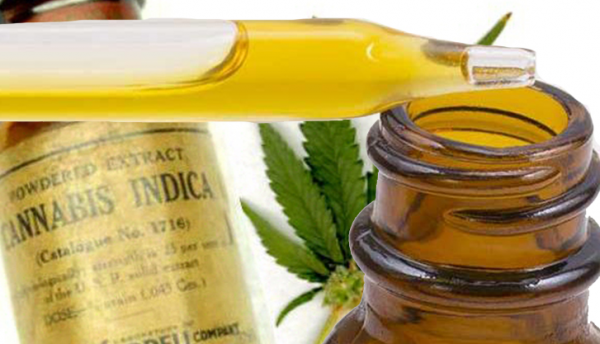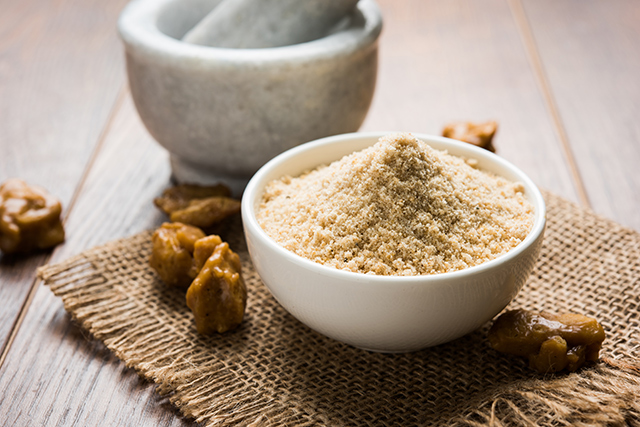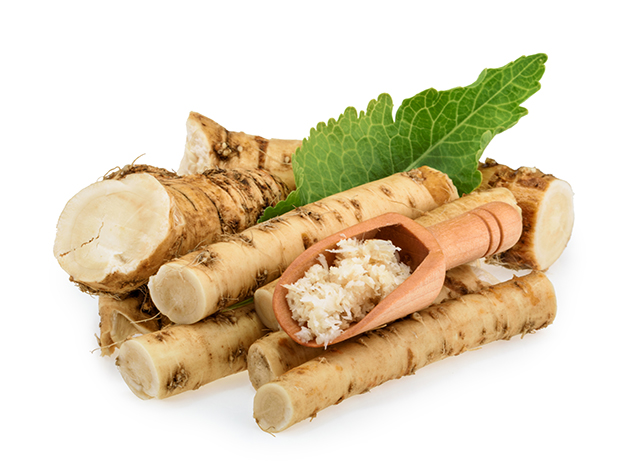CBDs.news covers the latest science and policy on cannabis, CBDs and plant medicines
07/16/2018 / By Vicki Batts

Cannabis and its plant compounds, known as cannabinoids, have been making headlines around the globe recently. The medicinal benefits of the cannabis plant and its highly regarded compounds, like cannabidiol (CBD) are newsworthy enough — and when combined with legal red tape thanks to increasingly contested prohibition laws, you’ve got a hot-button issue for sure.
But not everything you read about cannabis is correct — especially if its coming from the pharmaceutical industry. Like other plant medicines, Big Pharma is out to crush its competition by promoting their synthetic versions over the real thing. Many people are finding success in treating conditions like cancer, chronic pain or seizure disorders with cannabis or whole plant CBD extract — but their stories of health and healing with whole plant medicine are often disregarded by the mainstream media.
But at CBDs.news, you can count on getting all the latest updates on cannabis research, legal issues and more.
Cannabis, Big Pharma and legalization
The truth is that Big Pharma wants to own the cannabis market by creating its own synthetic versions of the plant’s medicinal compounds, and then patenting them for profit. But can you really patent something first created by Mother Nature? Can the FDA approve of Big Pharma’s synthetic versions of cannabis compounds, while the DEA self-righteously continues their war against cannabis?
It’s already happened, actually — though the disparity between the two government agencies’ behavior has hardly been questioned out loud. Big Pharma has already developed at least two drugs that have gotten a nod from the FDA; Marinol, a THC-based anti-nausea drug, and Epidiolex, a CBD-based seizure medication.
This should be national news: The FDA is approving substances that are, in effect, banned by the DEA — medicines that the American people are prohibited from growing themselves, yet are perfectly legal when synthesized in a lab by the right people. The whole thing smacks of collusion and corruption; how can a plant be illegal because of the compounds it contains and literally declared as having no medicinal value as a schedule I drug — yet those same compounds are being used to make “legal” pharmaceuticals.
If that isn’t eyebrow-raising enough, the pharmaceutical industry has spent nearly a billion dollars fighting cannabis legalization and opioid restrictions. Cannabis could be a much safer alternative for chronic pain management, but Big Pharma has shown time and time again that it cares more about preserving their profits than human life.
Plant medicines heal people
Despite overreaching federal prohibition, there is a growing body of research to support the many medical benefits of cannabis and its compounds. One of the most widely researched areas of use is cannabis’s potential to relieve pain. As recently reported, “medical cannabis is a truly safe and effective choice for pain relief. Researchers are, therefore, calling for it to be properly established as a treatment in the modern medical arsenal.”
While legal restrictions have put a serious crimp in more in-depth, clinical research efforts, there is no shortage of anecdotal evidence. Whether it’s fighting cancer, treating pain or preventing seizures, people around the U.S. (and the world) are finding that cannabis is not the monster it’s been made out to be for so long.
Earlier this year, a 44-year-old woman named Dee Mani publicly revealed that she had successfully been treating her deadly triple-negative breast cancer with nothing but cannabis oil. Mani reportedly took a capsule of cannabis oil every night for four months — and in that time, her cancer began to disappear. After just five months, doctors “gave her the all-clear.” A 33-year-old dad from the U.K. reported a similarly miraculous recovery from “terminal” colon cancer.
See more stories about the properties of cannabis and more at CBDs.news.
Sources for this article include:
Tagged Under: cannabidiol, Cannabinoids, cannabis, CBD, disease treatments, health freedom, herbal medicine, Medical cannabis, medical marijuana, natural cures, natural medicine, natural remedies, plant medicine, plant-based medicine


















